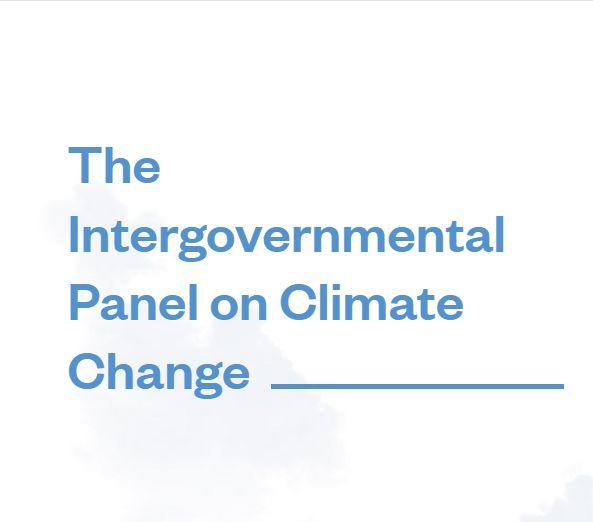Bulgaria officially applied to host the 61st IPCC
12 Jan, 2024 | 17:37In a letter by the Minister of Environment and Water Julian Popov to the Chair of the Intergovernmental Panel on Climate Change (IPCC), Mr Jim Skea, Bulgaria officially declared its application to host the 61st session of the Panel. This is the UN body for the assessment of climate change science. The Panel provides regular assessments of the scientific basis for climate change, its impacts and future risks, as well as adaptation and mitigation options.
The IPCC was established in 1988 by the World Meteorological Organization (WMO) and the United Nations Environment Programme (UNEP). The purpose of the IPCC is to provide governments at all levels with scientific information that can be used to develop climate policies. The IPCC is an organization of governments that are members of the UN or the WMO. The IPCC currently includes 195 members. IPCC reports provide key input into international climate change negotiations. Special and methodological reports and assessment reports are delivered. The IPCC works by assessing published literature. The IPCC does not conduct its own research. Thousands of people from around the world contribute to the work of the IPCC. For assessment reports, experts volunteer their time as authors to evaluate the thousands of scientific papers published each year to provide a comprehensive summary of what is known about the drivers of climate change, its impacts and future risks, and how adaptation and mitigation can reduce these risks. IPCC reports go through multiple stages of drafting and review to ensure that these are comprehensive and objective, as well as produced in an open and transparent manner.
